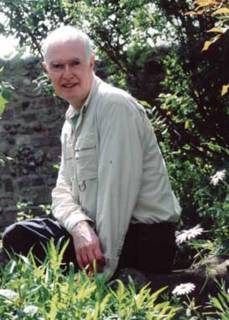Baha Mousa
His face is cut, bruised and swollen, the intubation tubes used to try to save his life still in place in his mouth. Yesterday, a mortuary picture of the Iraqi hotel worker Baha Mousa, who died after being in the custody of British soldiers, was released for the first time.
It was accompanied by a statement from his father, Daoud, a colonel in the Basra police force, who had hoped to travel to Britain for a House of Lords hearing but was prevented from doing so because of "visa issues".
He said: "When I saw the corpse I burst into tears and I still cannot bear to think about what I saw. I was horrified to see that my son had been severely beaten and his body was literally covered in blood and bruises ... He had a badly broken nose. There was blood coming from his nose and mouth. The skin on one side of his face had been torn away to reveal the flesh beneath. There were severe patches of bruising over all of his body. The skin on his wrists had been torn off and the skin on his forehead torn away and there was no skin under his eyes either."
Mr Mousa, a 26-year-old hotel worker, was detained in 2003, along with a number of other Iraqis, by members of the Queens Lancashire Regiment. He received 93 injuries and died of his injuries. Yesterday, Phil Shiner, a lawyer representing his family, claimed that not only had he been hooded, bound and held in a stress position but he had been starved for two days by his captors.
Mr Shiner explained that he had requested the photographs following the completion of a court martial of British soldiers accused of mistreating the Iraqis. Until now, the images have been subject to a court order and were seen only by the judge, the barristers and the military panel sitting in judgment on the accused.
Mr Shiner also obtained an until now restricted medical report by an RAF forensic pathologist into Mr Mousa's death which says: "The multiplicity of injuries and their widespread distribution is consistent with a systematic beating taking place over a period... The injuries are all consistent with the history that he could have been struggling on the floor of the detention centre. The fact that there is a mixture of grazes and bruises is indicative of a mixture of glancing blows against a firm object and directly applied force with blunt object."
Mr Shiner said he was releasing the pictures because questions needed to be answered about who knew what was going on, and the extent of the use of abusive techniques. Seven soldiers were acquitted in March after Mr Mousa's death. Another, Corporal Donald Payne, 35, of the QLR, admitted the war crime of treating a number of Iraqis in his custody inhumanely. He became the first British convicted war criminal and is awaiting sentencing.
After listening to the evidence, the judge, Mr Justice McKinnon, felt there had been a cover-up. He said: "None of those soldiers has been charged with any offence, simply because there is no evidence against them as a result of a more or less obvious closing of ranks." All of the soldiers insisted that they could not remember what happened.
May they rot in hell
